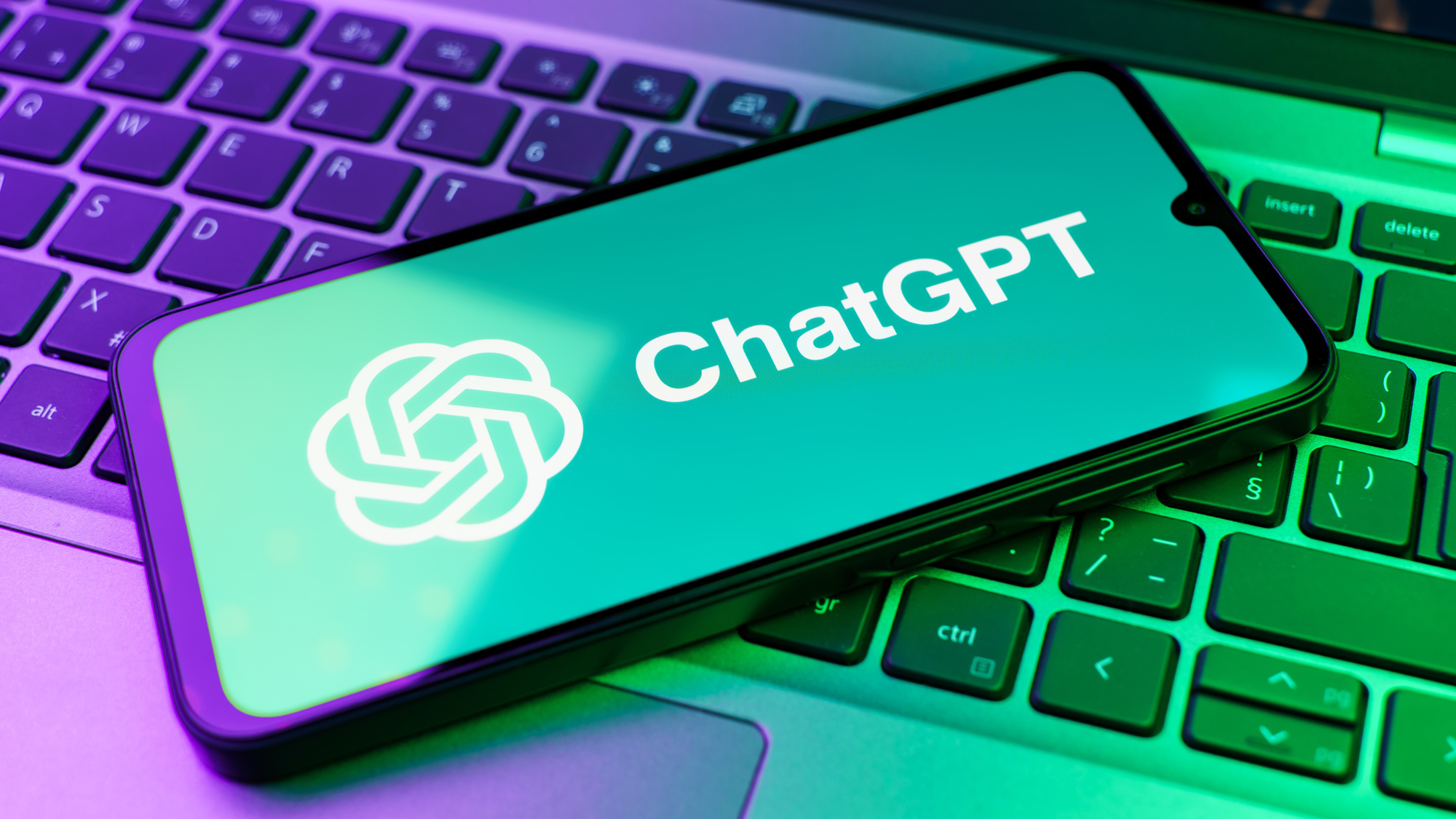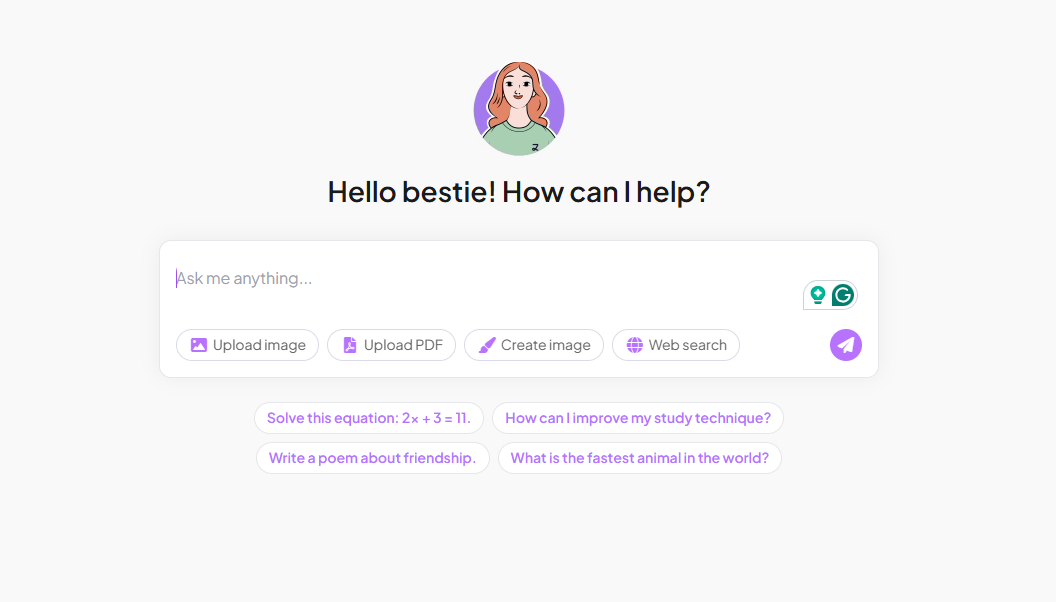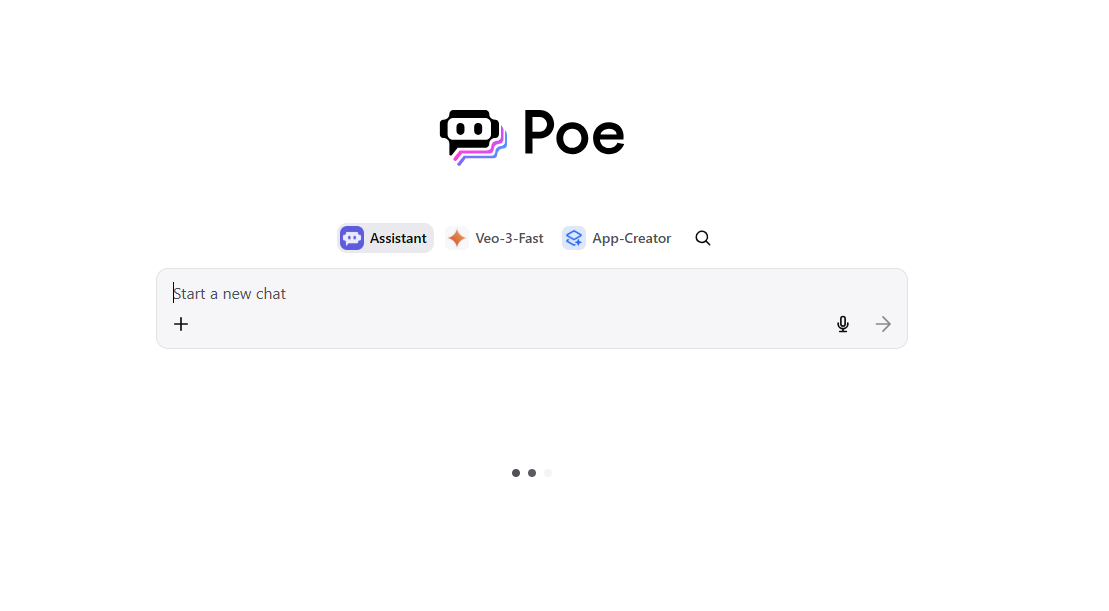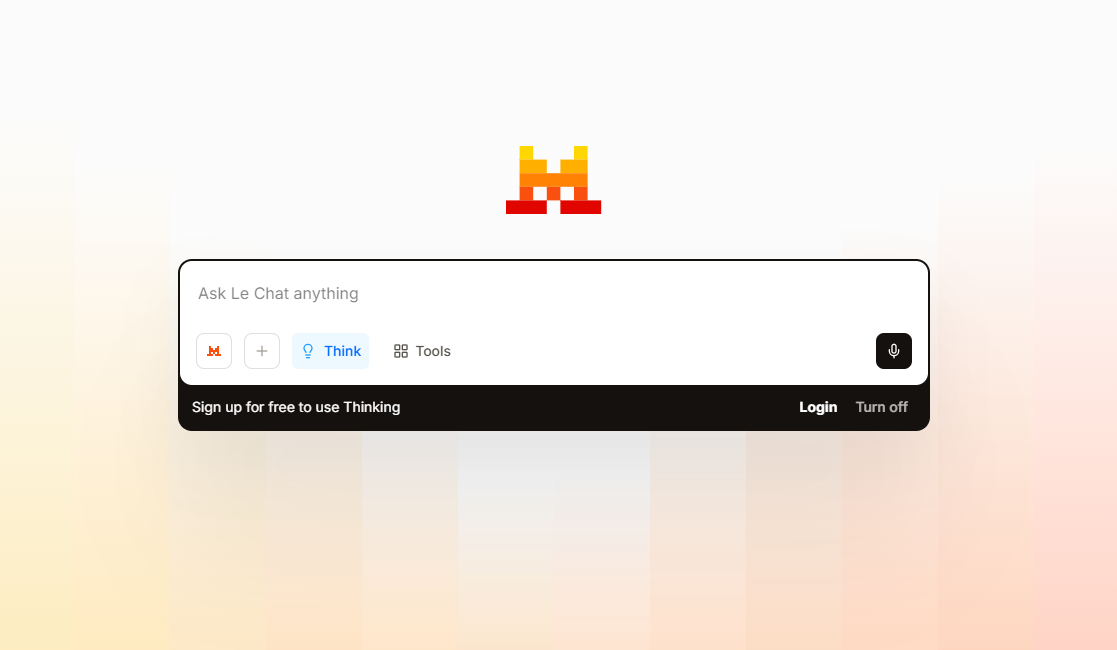Developer Offer
Try ImaginePro API with 50 Free Credits
Build and ship AI-powered visuals with Midjourney, Flux, and more — free credits refresh every month.
Exploring AI Chatbots Beyond The Hype

ChatGPT may have been the original chatbot that captured public attention, and it remains the most well-known, but the AI landscape has evolved significantly. What was once a market with a few key players is now brimming with alternatives. Industry giants like Google Gemini and xAI Grok have invested heavily in AI, while others like Anthropic have focused on research and development.
Beyond these big names, a multitude of lesser-known alternatives are emerging. Some are simple copies of existing technology, but others offer something genuinely new. I explored four of these lesser-known AI chatbots to see if they have what it takes to compete in this crowded space.
Luzia Your AI Bestie

Luzia makes its target audience clear from the start, greeting you with “Hello bestie! How can I help?” It’s positioned as an AI assistant for studying and life. Functionally, it offers the standard features you would expect: a chatbox, image uploading, image creation, and web search capabilities.
While the specific AI model behind Luzia isn't disclosed, it performs as advertised, catering well to its student-focused demographic. However, the main challenge for competitors like Luzia is their fundamental similarity to established platforms like ChatGPT and Gemini. One standout feature I appreciate is the ability to access Luzia directly through a WhatsApp chat, much like Meta AI.
Elicit The Academic Research Assistant

Credit goes to Elicit for carving out a unique niche. This tool is entirely dedicated to academia, allowing users to generate research reports, conduct systematic reviews, or find relevant papers.
To test it, I used a pre-made query about the impact of magnesium on sleep and stress. Elicit produced an incredibly detailed report, complete with an abstract, methods, tables, and explanations, citing an impressive 499 sources in its references. The report was pages long and remarkably thorough.
While the concept is excellent, its application is highly specialized. If you're not a student or a professional in an academic field, Elicit won't be of much use. For those who are, however, it is a far superior research tool than ChatGPT could ever be.
Poe The All in One AI Hub

Poe presents an interesting proposition: instead of being one chatbot, it aims to be all of them. It acts as a unified interface for interacting with various models like ChatGPT, Claude, and Gemini, and also includes tools for video, image, and audio generation. In theory, having all your AI tools in one place is a fantastic idea.
The primary drawback is the cost. The free option is quite limited, with the cheapest subscription starting at $4.99 per month and plans going up to $249.99 monthly. Each tier provides a different number of tokens, which are consumed based on the complexity of your tasks—a simple chat uses few tokens, while generating a large video uses many. If you value the convenience of an all-in-one platform, Poe is great, but it comes at a price.
Le Chat The Speedy and Private Contender

Le Chat is a chatbot from Mistral AI that I have championed for some time, and it has cultivated a small but dedicated fanbase. It operates very much like ChatGPT, but one of its biggest advantages is its speed. It delivers responses at a rapid pace, which is even faster on the Pro version.
While it doesn't boast the extensive feature list of its competitors—lacking native video and image generation—its performance as a pure chatbot is impressive and easily keeps up with the best in the market. Furthermore, it is an excellent choice for users who are concerned about privacy and how their data is used.
Compare Plans & Pricing
Find the plan that matches your workload and unlock full access to ImaginePro.
| Plan | Price | Highlights |
|---|---|---|
| Standard | $8 / month |
|
| Premium | $20 / month |
|
Need custom terms? Talk to us to tailor credits, rate limits, or deployment options.
View All Pricing Details

